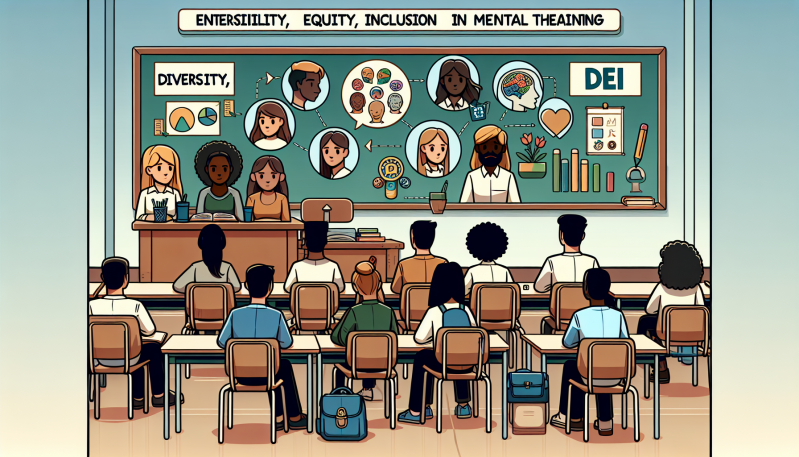In a world where children are growing up amidst a deluge of information and social pressures, the importance of nurturing their mental health and emotional well-being cannot be overstated. FriendshipWeek stands at the forefront of this mission, much like UNICEF does for children’s rights on a global scale. We are dedicated to transforming school environments into safe spaces where kindness, understanding, and diversity thrive—a place where every student feels valued and supported.
Through our work, we’ve observed the profound impact that mental health, kindness, loneliness, and Diversity, Equity, and Inclusion (DEI) initiatives can have on the school community. It’s not just about academic achievements; it’s about shaping compassionate, resilient citizens who are prepared to contribute positively to society.
Let’s delve into some of the pressing issues and explore how we can collectively address them:
## Mental Health: The Unseen Curriculum
Mental health among school-aged children is a silent epidemic, often overshadowed by academic curricula. Yet, the statistics are alarming—1 in 5 children experiences a mental health disorder, but only a fraction receives the help they need. It’s crucial to integrate mental health education into the school curriculum, provide resources for early intervention, and break the stigma surrounding these discussions. By equipping students, educators, and parents with the tools to recognize and address mental health challenges, we can build a foundation of resilience and empathy.
## The Kindness Movement: More Than Just ‘Please’ and ‘Thank You’
Kindness is the simplest yet most powerful tool in our arsenal for combating loneliness and creating inclusive communities. FriendshipWeek promotes the idea that a culture of kindness should be woven into every aspect of schooling—from classroom activities to playground interactions. By celebrating World Kindness Day and implementing regular kindness challenges, we encourage students to develop habits of compassion and recognize the impact of their actions on others.
## Loneliness: The Quiet Shadow in Bustling Hallways
Loneliness doesn’t discriminate; it can affect anyone, regardless of popularity or social skills. In the digital age, genuine connections are often replaced by superficial online interactions, leaving kids feeling isolated. Schools must become sanctuaries where students can forge meaningful relationships. Initiatives like buddy programs, peer support groups, and inclusive extracurricular activities are vital in ensuring that no child feels alone.
## DEI: Celebrating Every Story in the Classroom
Diversity, Equity, and Inclusion are more than buzzwords—they are essential components of a healthy learning environment. Every student brings a unique perspective shaped by their background and experiences. By fostering a culture of acceptance and representation in our schools, we help students understand and appreciate diverse narratives. This can be achieved through inclusive curricula, celebrating cultural events, and creating platforms for students to share their voices.
FriendshipWeek is committed to leading the change, supporting schools in embedding these values into the heart of education. However, this isn’t a journey we can undertake alone; it requires a collective effort from educators, parents, students, and the community. By sharing experiences, resources, and best practices, we can make a significant impact on the lives of our children—the future changemakers of our world.
Let’s embark on this mission together, fostering an inclusive future for all our school kids. Share this blog, spread the word, and join us in building a kinder, more understanding, and diverse society, starting from our classrooms.
To learn more about FriendshipWeek and how you can get involved, visit our website and follow us on social media. Together, we can turn every week into Friendship Week.


